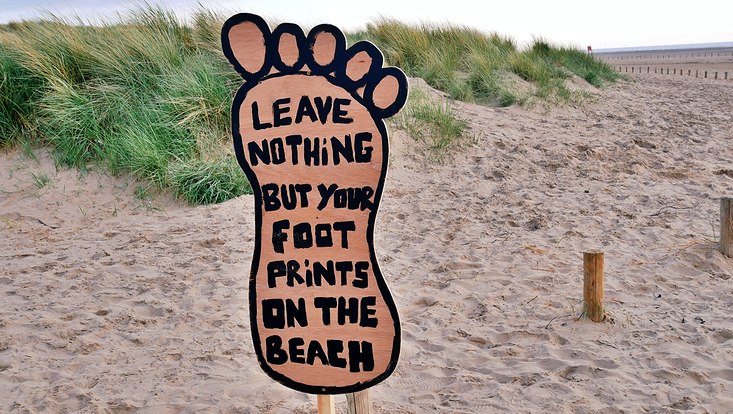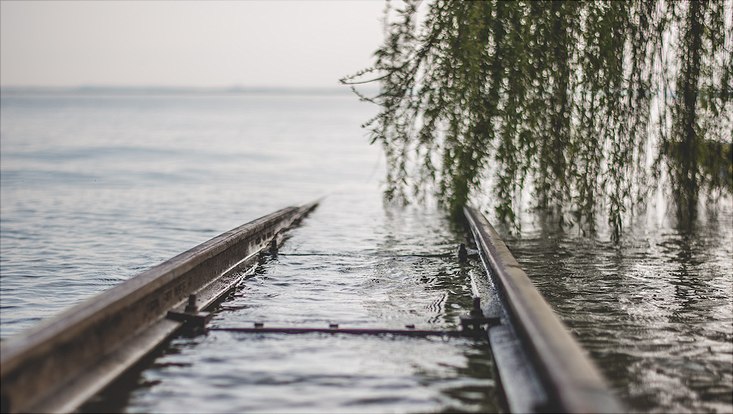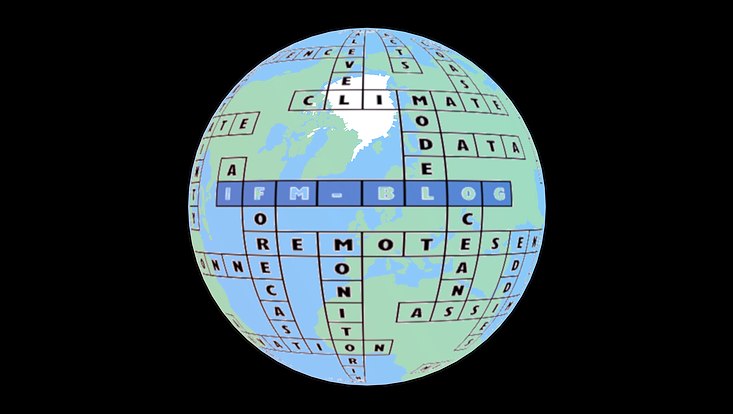How to talk about climate ... ?
1 June 2023, by Iuliia Polkova

Photo: Vicky Hincks | Unsplash
At one of the conferences some time ago, I heard the phrase "think globally, act locally”. Country leaders come together to discuss how to make our planet a better place to live on. They agree on various concepts and frameworks. But it's in our countries, cities, neighborhoods, streets, and homes, where the real magic happens. No doubt, we all want to live on a nice planet, but when it comes to acting, there is a certain gap between these global agreements, like the Paris Agreement or the Sustainable Development Goals (SDGs), and local implementation. One of the subgoals of SDG 13 “Climate Action” is to mobilize private engagement. So, what’s the status of that currently? How mobilized is our society for climate action? In 2021, the Federal Agency for Civic Education published a report, part of which is dedicated to assessing Germans' perception of climate change. Most people in Germany perceive climate change not only as a primarily human-caused phenomenon, but also as a serious problem. The willingness to make a personal contribution to climate protection was also reported to be high. This is an interesting result for climate science communicators, who still try to convince people that climate change is real, producing new artistic interpretations of global temperature trends. These messages clash with climate denials, who might keep staying on their point no matter what. It seems that climate communication might need a change of focus as it seems that most of the population knows that climate change is real and now, people want to know what it means for their neighborhoods, what everyone needs to do next, what of the actions makes a difference, and how to scale-up private climate action.
Last week in the framework of "Wir wollen's wissen!", I talked to school students about climate models, how they work, and why climate predictions are possible and can be used for climate-informed decisions. In the discussion, students expressed their frustration about private contributions being negligible. I know exactly how they feel. The Australian social scientists Rebecca Huntley, who is also the author of the book “How to talk about climate change in a way that makes a difference”, suggests that one of the solutions to combat one’s own frustration is to join or establish a group that would tackle climate issues in the local community. This can make your neighborhood a nicer place to live in, it can be more doable and under your control of action than changing the attitude toward emissions on the other side of the globe, and it can inspire others to follow your example, scaling-up individual contribution. The book is primarily about feelings that the climate-change topic triggers in different people when they are confronted to talk about it. The topic often polarizes and frustrates. We obviously must step down from blame conversations and “us versus them” focus as it does not help to solve any problems. We need to practice active listening and focus on the object rather than on personalities.
Climate science communicators need to understand that a substantial part of the population in Europe is concerned about climate issues and likely might not need yet another way of plotting of global temperature trends but want to know what to do next that makes a difference. Another point is that being concerned, and acting are not the same things. There seem to be obstacles in collecting our inner courage and changing our lifestyles to be more climate- and environment-friendly. Once we find this courage, we need guidance on what to do next. There is a substantial number of tools available. For instance in Germany, different practices are collected under the platform “Das Deutsche Klimavorsorgeportal – KliVO”. We need to make sure that these tools are easy to find, and everybody knows and can act upon local climate policies. Maybe even knowing the concrete steps and how doable they are could help to overcome inner obstacles of inaction. For instance, in Hamburg every district has a climate office. Next time you have things to do in the municipal district authority, check out what the climate office is organizing in your neighborhood.
About the author
Dr. Iuliia Polkova is a climate researcher with keen interest for making climate predictions useful for society.
Iuliia Polkova received a research grant from the German Research Foundation (DFG) to advance initialization of decadal climate predictions.


